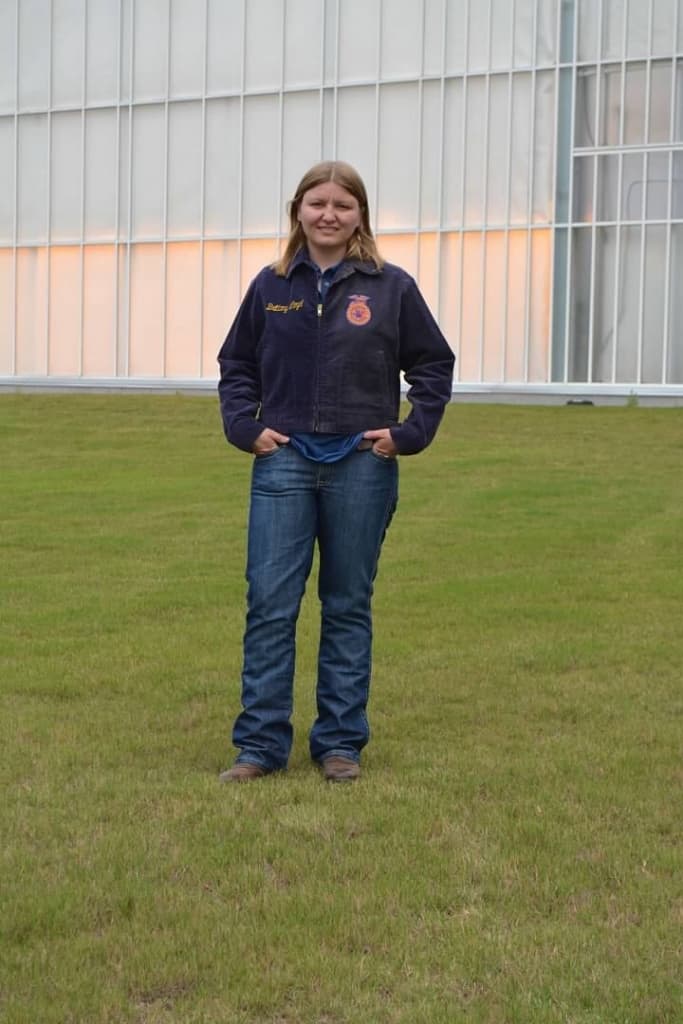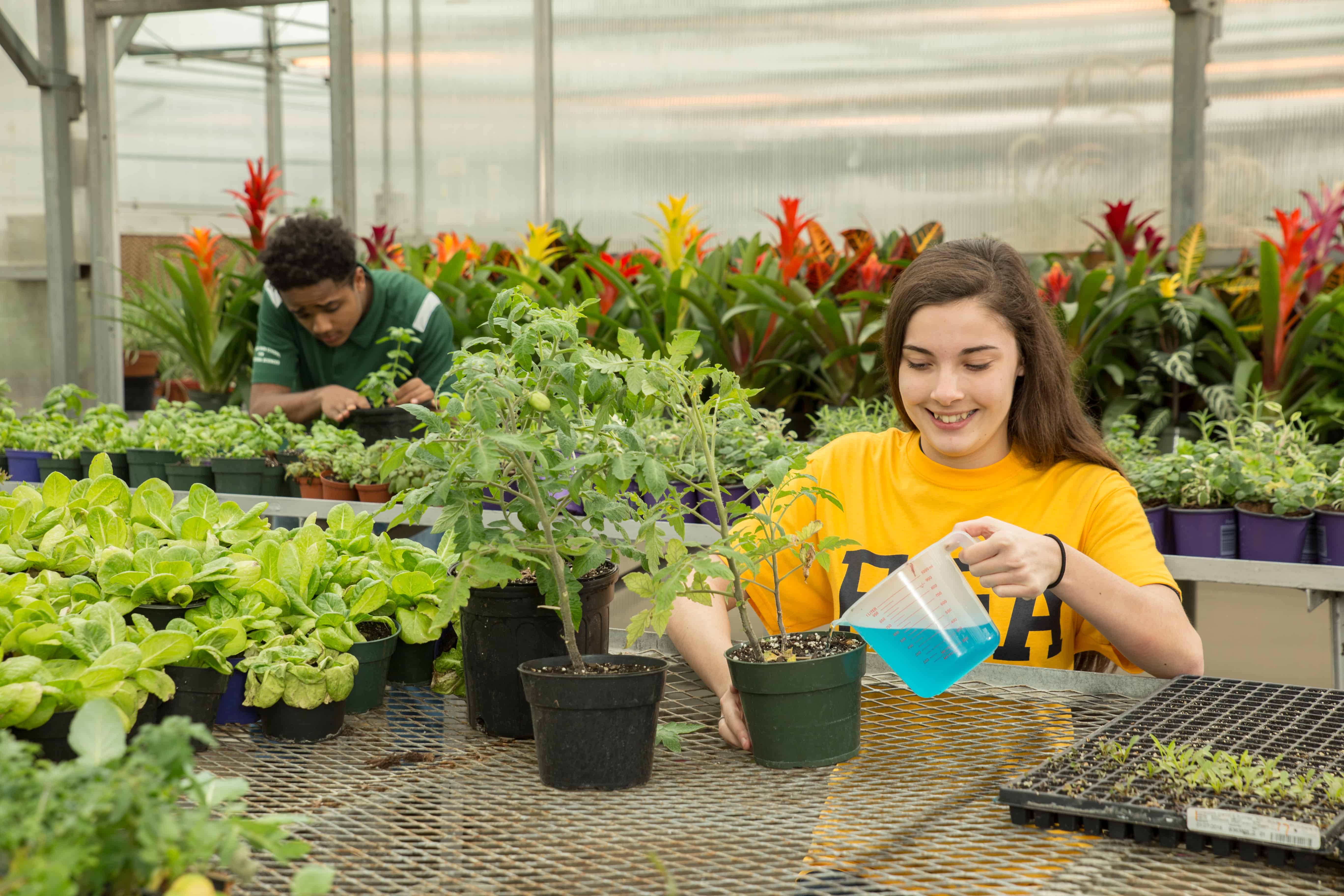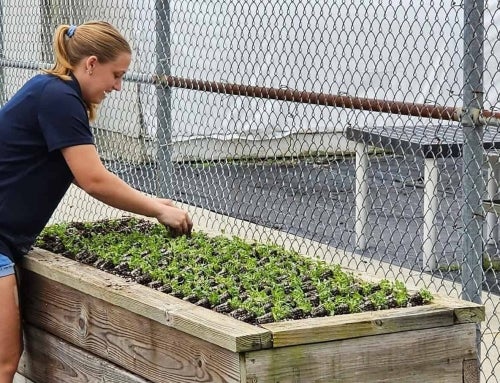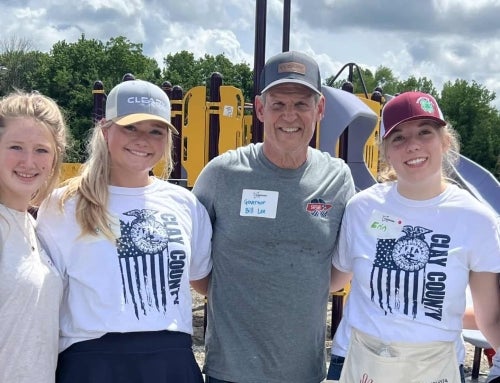Brittany Lloyd knew she’d have a hand in science someday. Her mother spent a lot of time with her outdoors — in the garden and the woods — sharing her knowledge of nature.
“It was always part of me, walking through the forest, learning my trees and bugs, hunting, and learning to appreciate what agriculture and nature can do for us every day,” Lloyd says. “My mom always talked to me about those things and about her time in FFA.”
Lloyd still remembers as a child seeing her mother’s coveted blue jacket hanging in the closet. “Her coat felt like and stood for hard work, determination, and family. When I put it on, it felt like I could take on any task and do anything I ever dreamed of,” she says. “My mama was — and still is — the most special person in the world to me, even though she is no longer here.”
 Her mother, Stephanie (Lawrence) Lloyd, was among the first females to join FFA in 1969, and then she became the first woman to receive a forestry degree from her local community college back in the early ’70s.
Her mother, Stephanie (Lawrence) Lloyd, was among the first females to join FFA in 1969, and then she became the first woman to receive a forestry degree from her local community college back in the early ’70s.
“She taught me the values of FFA, and she always was quite involved with kids in general,” says Lloyd, who continues supporting the organization by speaking at career fairs, in classrooms and going to the National FFA Convention & Expo.
Lloyd’s involvement now provides a deep connection to her mother, who passed away a couple of years ago. “When I work with FFA, I know she is there sitting back smiling, proud of how I work to give back to others just like she did.”
As greenhouse scientist team lead at BASF, Lloyd (pictured right) does so out of gratitude and as part of her job at BASF, a longtime silver sponsor of the National FFA Foundation. She teams up with colleague Carrie Gray to support numerous FFA efforts year-round.
The two are part of a bigger team of BASF employees trying to attend as many Base Camps (a three-day experience for all state FFA officers) they can in a year, meeting with state officers, and speaking at engagements across the United States. You may see this group running a booth at the national expo, judging state competitions, or just chatting with youth about the myriad opportunities in agriculture.
Community relations manager for BASF, Gray works to secure the funding that her company donates to FFA each year, and she helps ensure the corporation remains plugged into FFA events on the state and national levels.
BASF gets behind FFA because it believes the industry needs as many advocates it can get, and doing so provides a direct pipeline to incoming talent. “They might be our employees, or they might be our customers one day,” says Gray.
The return on investment makes for a promising future workforce and marketplace either way.
“It’s one of the best organizations I have ever worked with,” she says. “I’m wildly impressed with how these students are so thoughtful and smart and make really good decisions with their chapters.”
“Every person has a place in FFA, every individual — whether female or male, no matter what race, ethnicity or ability,” she says. “One of the most important things FFA does is teach soft skills — leadership, teamwork, flexibility, diversity and inclusion. FFA is where you find kids who are being taught those lessons, so why wouldn’t we want to be a part of that?”












